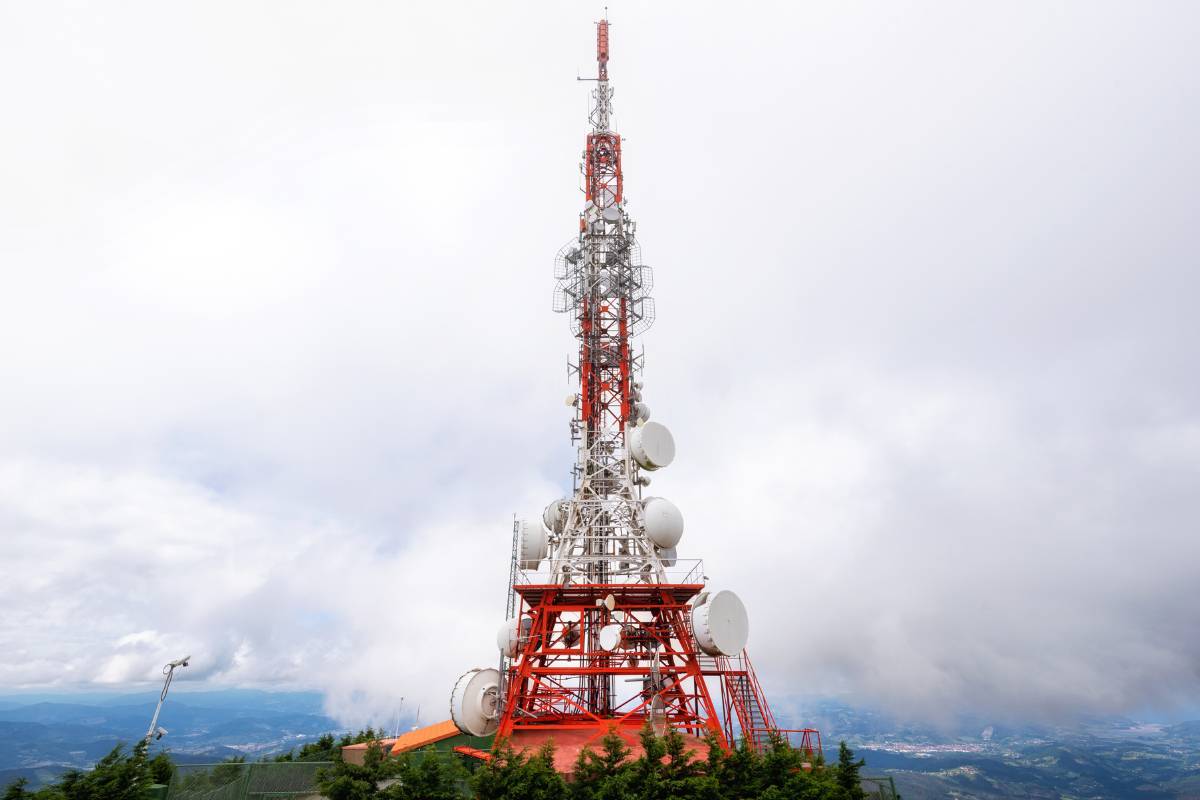
The Broadband India Forum (BIF) has voiced its concern about the draft telecom bill 2022 announced by the Department of Telecommunications (DoT) recently. The bill looks to dilute the power of the Telecom Regulatory Authority of India (TRAI), pushing the sector back to the pre-1997 era. This could pose problems for big investments flowing into the sector. In addition, according to an ET Telecom report, BIF is also apprehensive about the lack of clarity around the proposed mode of spectrum allocation for the satellite players. The satcom (satellite communications) players want an administrative allocation of airwaves, as what happens globally.
BIF is an industry body which represents some major tech companies and groups, such as Meta, Amazon, Google, Microsoft, Tata Consultancy Services, Cisco, Qualcomm and more. The body is also unhappy with the fact that the government is trying to bring OTT (over-the-top) players within the ambit of telecom law and licensing, said the report.
Another troubling side of the bill is that government can take back the spectrum after five years or withdraw the existing exemptions with just notifications without any proper consultations required. BIF said in a statement that the draft telecom bill proposes to take away the TRAI's statutory independence by deleting provisions that enable proper checks and balances. TRAI's power being limited and reduced would not be well for the sector.
As per T V Ramachandran, president, BIF, the provisions of the draft telecom bill 2022 are prohibitive and will push the sector back to the pre-1997 era, negatively affecting investor confidence. There's also a lack of clarity around how the satcom players will get the spectrum allocated in the bill, which is not a concerning sign for the body. India is on the cusp of launching 5G networks, and the government must ensure that all the stakeholders are on the same page with the bill to make 5G a success.















